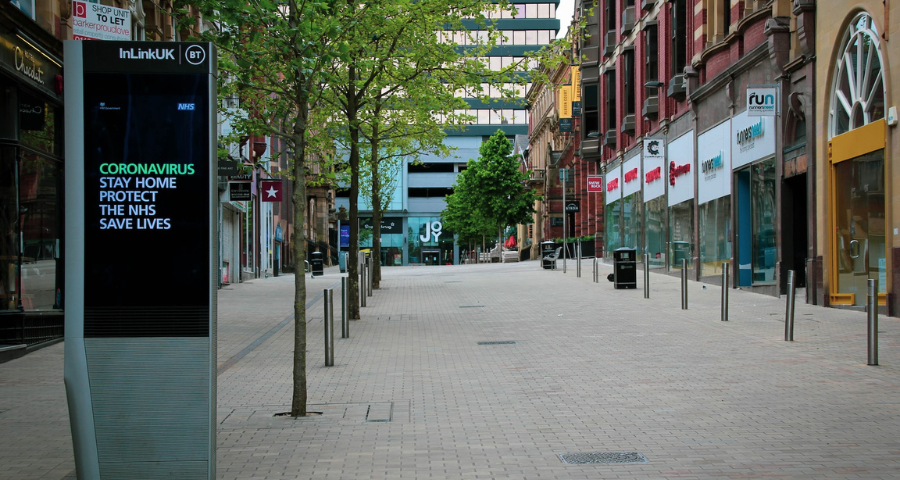
EFA announces new Board members & plans to recruit for senior role
October 4, 2023
Spanish philanthropists grow in number & seek to do more than give
October 23, 2023UK charities suffered a dramatic drop in donations at the start of the Covid-19 pandemic, prompting the sector’s first income decline since 2012, new research shows.
The UK Civil Society Almanac 2023 from the National Council for Voluntary Organisation (NCVO) looks at the financial year 2020/21, which began shortly after the UK’s first national lockdown.
The sector’s income for the year dropped by 3% to £56.9bn, of which 46% (£26.4bn) came from public donations. In 2019/20, public donations had been £4.4bn higher.
For 2020/21, the next largest source of income was Government, accounting for £16.8bn, an increase of £900mn from the year before. Other sources of income were either stable or increasing, with the exception of investments (£4.5bn, down from £5.3bn).
Sector comparisons
Looking at different causes, environmental charities had the highest proportion of income from public donations (69%), followed by parent-teacher associations (57%). These types of charities were also top of this list the previous year, but in the reverse order. Charity sector umbrella bodies got least income from the public (32%).
The sectors getting the most income from Government were playgroups and nurseries (50%), law and advocacy (42%) and social services (42%).
Fundraising spend drops
The sector spent slightly more than £1bn less on fundraising activities in 2020/21 than it had in 2019/20, at £6.6bn. This meant it made up 12% of sector spending.
Fundraising’s portion of sector spending has been gradually increasing over the past two decades; in 2000/01, it was £3.6bn out of a total of £35.1bn.
The UK’s smallest charities spent least on their fundraising (8%), but received the most donations, with the public accounting for 54% of their income.
Other findings of the wide-ranging report include a 4% drop in the sector’s employed workforce, which totalled 928,886 in the year, out of a total UK workforce of just under 30mn in the same year. The number of Britons doing formal volunteering work at least once a month dropped from 17% to 16%.
Sarah Vibert, CEO of NCVO, says that the overall drop in income was “particularly felt by smaller charities… this left them extremely vulnerable to the cost-of-living crisis”. She adds:
“We are now facing the long-covid effect. Each day, we see smaller voluntary sector organisations make tough decisions to scale back, cut services or shut their doors for good. Charities, and the communities they support, need and deserve a more sustainable future if we’re going to make any progress in addressing inequalities across the country.”
Picture by Gary Butterfield on Unsplash




